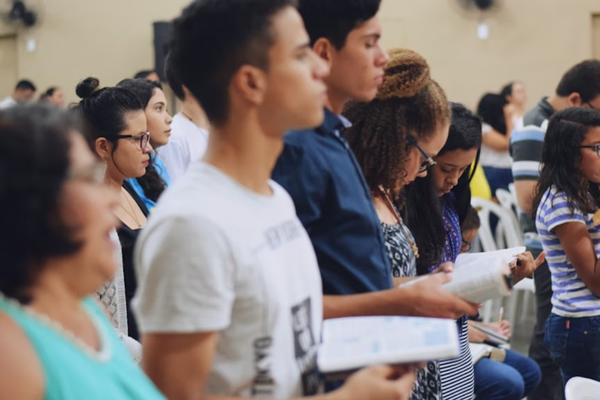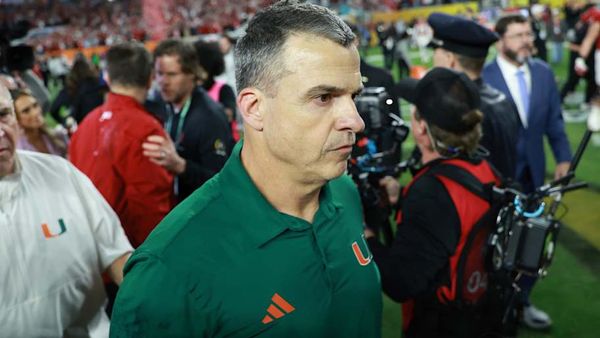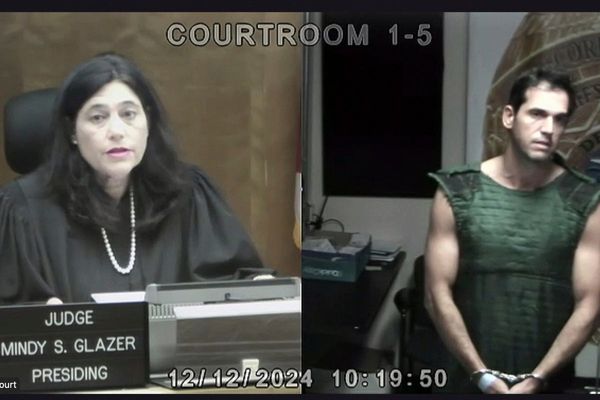ROMULUS, Michgan — Ford Motor Co. signaled Monday that Michigan will play a central role in the Dearborn automaker's bid to secure its electric-vehicle supply chain and diversify its battery technologies.
The Blue Oval confirmed plans to invest $3.5 billion to build the first automaker-backed lithium iron phosphate battery plant in the United States. Ford is doing so with Contemporary Amperex Technology Co. Ltd., or CATL, under a licensing agreement with the China-based company, the world's leading battery manufacturer.
The venture, slated to come online in 2026, will initially create 2,500 jobs. The plant, as The Detroit News previously reported, will be built on the Marshall Megasite in Calhoun County. The plant, which will be called BlueOval Battery Park Michigan, will be part of a wholly-owned Ford subsidiary and could be expanded in the future, Ford said.
The Ford-owned subsidiary would manufacture the battery cells "using LFP battery cell knowledge and services provided by CATL," according to Ford.
"We are committed to leading the electric vehicle revolution in America, and that means investing in the technology and jobs that will keep us on the cutting edge of this global transformation in our industry," Executive Chair Bill Ford said in a statement. "I am also proud that we chose our home state of Michigan for this critical battery production hub."
The complex will be the fourth battery plant Ford is building in the U.S. with battery manufacturers. The company also is building two battery plants in Kentucky and one in Tennessee with Korean partner SK On.
The Marshall plant will add about 35 gigawatt hours of annual battery capacity to Ford's operations. That's enough to power approximately 400,000 EVs per year. The battery cells produced there will power "a variety of Ford's next-generation of EV passenger vehicles and pickups" that are under development, Ford said.
The automaker touted the project as a way to diversify the capabilities within its EV lineup by adding a second battery chemistry, LFP, to its existing use of nickel cobalt manganese, or NCM, batteries. Executives said the move to add LFP batteries to Ford's EV portfolio would help the company scale up EV production, hit its target of an 8% operating profit margin for its EV business by 2026, and give customers more choices to meet their individual needs.
"Ford's electric vehicle lineup has generated huge demand. To get as many Ford EVs to customers as possible, we're the first automaker to commit to build both NCM and LFP batteries in the United States," CEO Jim Farley said in a statement. "We're delivering on our commitments as we scale LFP and NCM batteries and thousands, and soon millions, of customers will begin to reap the benefits of Ford EVs with cutting-eduge, durable battery technologies that are growing more affordable over time."
Ford also touted the cost-savings potential of LFP batteries, saying the chemistry is less expensive. It also expects to save on shipping and import costs, and said it will benefit from the Biden administration's Inflation Reduction Act, IRA.
LFP batteries are known for being durable. They also enable less reliance on in-demand, costly materials such as nickel and cobalt. Ford plans to introduce LFP batteries on the Mustang Mach-E this year and on the F-150 Lightning in 2024, ahead of the Marshall plant's opening.
"This is a victory," Quentin Messer, CEO of the Michigan Economic Development Corp., told The News. "Once the IRA passed, it became pretty clear they were going to invest in the United States. That central piece of legislation at the federal level certainly helped."
Ford is investing $50 billion in electrification through 2026 as it targets global EV production of 600,000 units annually by the end of this year and 2 million units annually by 2026. The company ended 2022 as the No. 2 EV maker in the U.S. behind market leader Tesla Inc.
Ford is hosting a news conference about the project at its Ion Battery Park this afternoon. Ford executives and state officials including Gov. Gretchen Whitmer were slated to attend.
"Ford's $3.5 billion investment creating 2,500 good-paying jobs in Marshall building electric vehicle batteries will build on Michigan's economic momentum," Whitmer said in a statement. "Today's generational investment by an American icon will uplift local families, small businesses, and the entire community and help our state continue leading the future of mobility and electrification. Let's continue bringing the supply chain of electric vehicles, chips, and batteries home while creating thousands of good-paying jobs and revitalizing every region of our state."







